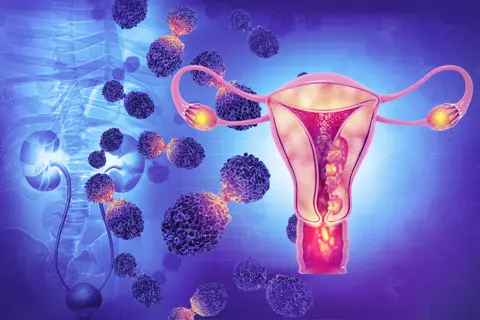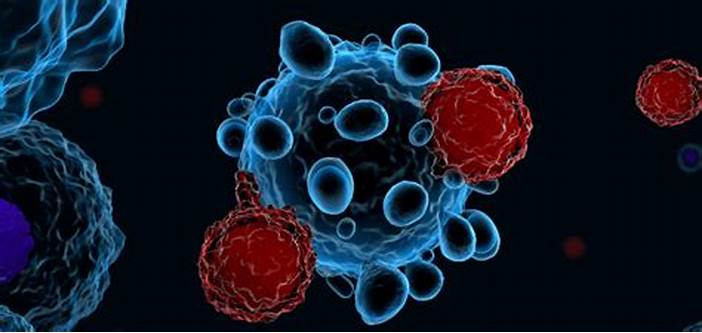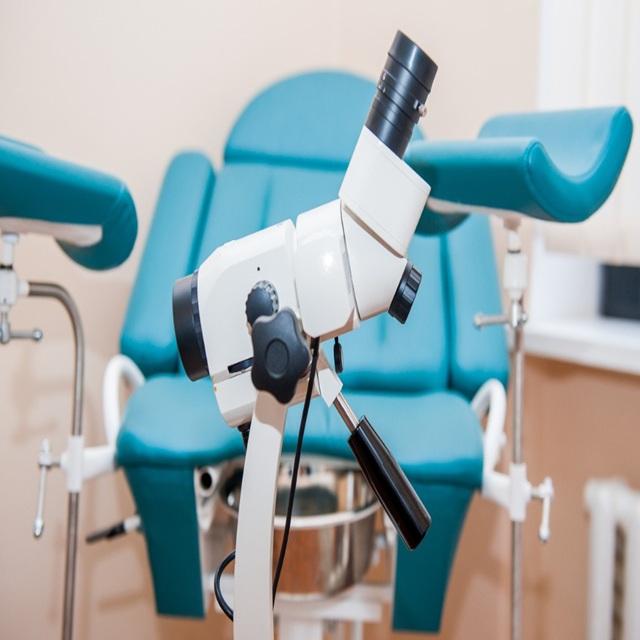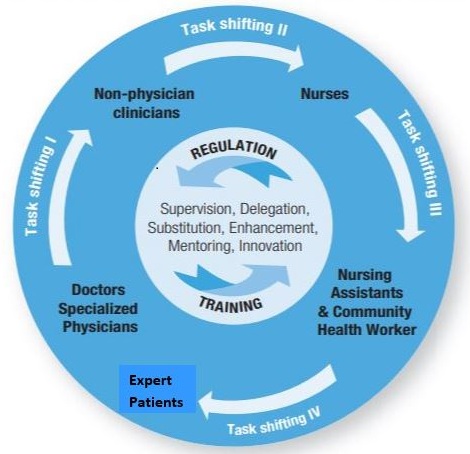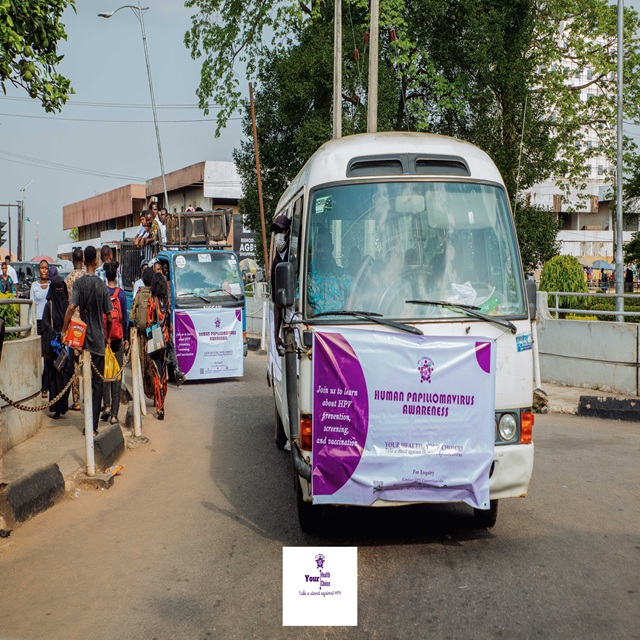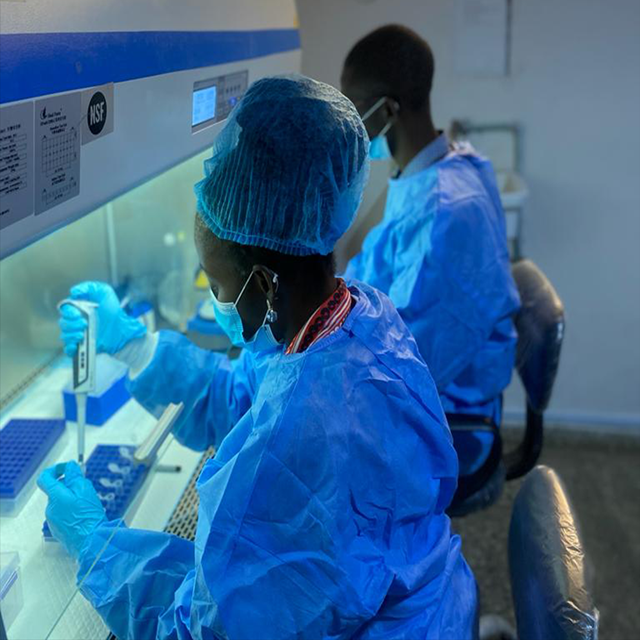Human Papillomavirus
Human Papillomavirus (HPV) is the most common sexually-transmitted infection worldwide, with nearly all sexually active women and men infected during their lifetime. HPV infection is highly prevalent in Sub-Saharan Africa (SSA), due to the lack of widespread HPV vaccination. There is increasing evidence that Human Papillomavirus (HPV)-associated cancers (HAC) are rising with ~630,000 incident cancers/year globally (~5% of all cancer cases), of which ~430,000 (67%) occur in low and middle income countries (LMICs), particularly, in Sub-Saharan Africa (SSA) including Nigeria. In LMICs, nearly 20-30% of all cancer cases are associated with HPV. Persistence of newly acquired or reactivated latent high-risk HPV (hr-HPV) infection is a major cause of several cancers, particularly cervical, anal, and oral/oropharyngeal (OOPC) cancers.
There is overwhelming evidence that Nigeria has one of the highest HPV infections in the world especially among sexually active population, and it also harbors high burden of HPV-associated cancers in the general and key affected population. Nigeria alone accounted for nearly half of all reported cervical cancer (CC), 62.6% of anal cancer, and 56% of all oral and oral and oropharyngeal cancers (OOPC) among the 16 West African countries. Nigeria with a national prevalence of 1.4% of the general population has the fourth-highest national burden of HIV worldwide. Unfortunately, most of the people diagnosed with these cancers presented late when definitive treatment for cure is no longer feasible. The synergistic played by HPV and HIV coinfections as well as the changing sexual behaviors including unprotected oral and anal sexual acts in young population flare up the burden of both infections and subsequently increase the burden of HACs in Nigeria especially among people living with HIV.
Several studies across the six geopolitical zones in Nigeria showed that HPV infections and associated cancers are increasingly reported including cervical, oral and oropharyngeal, anal and penile cancers due to increasing reports of different sexual risk behaviours and limited infrastructure to promote population screening, particularly, at the primary health facilities. For example, a large study conducted (largest multianatomic site HPV epidemiology study in West Africa) through a collaboration between University of Ibadan and London School of Hygiene and Tropical Medicine, UK entitled Sexual Behavior and HPV Infections in Nigerians in Ibadan - SHINI study - (2017-2019) on cervical, anal, vulva and oral HPV infections was conducted among sexually active women (N=310) and men, and 315 female sex workers (FSWs) aged 18-45 years in Ibadan (24, 25). The study showed that high prevalence of high-risk HPV infections in the cervical, oral, anal, penile and vulvar sites with majority having multiple and concordant infections in multiple anatomical sites that could be a predilection for persistent infections and cancers at these sites.




